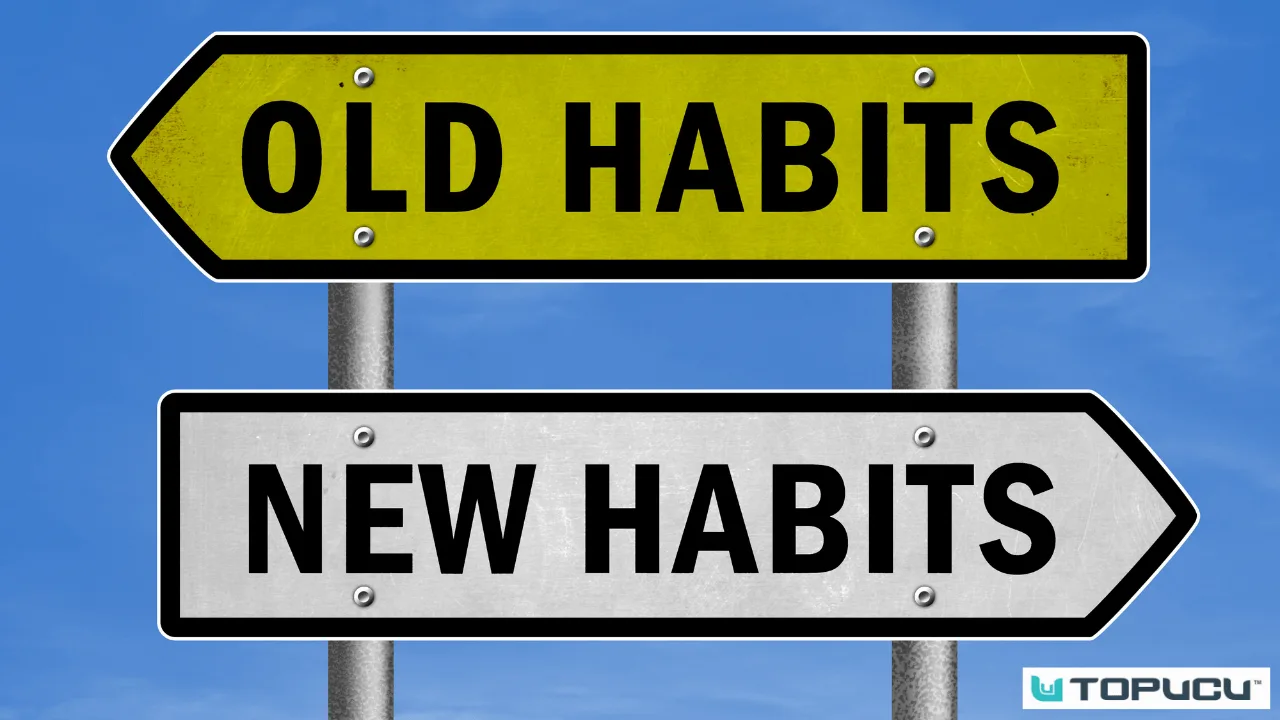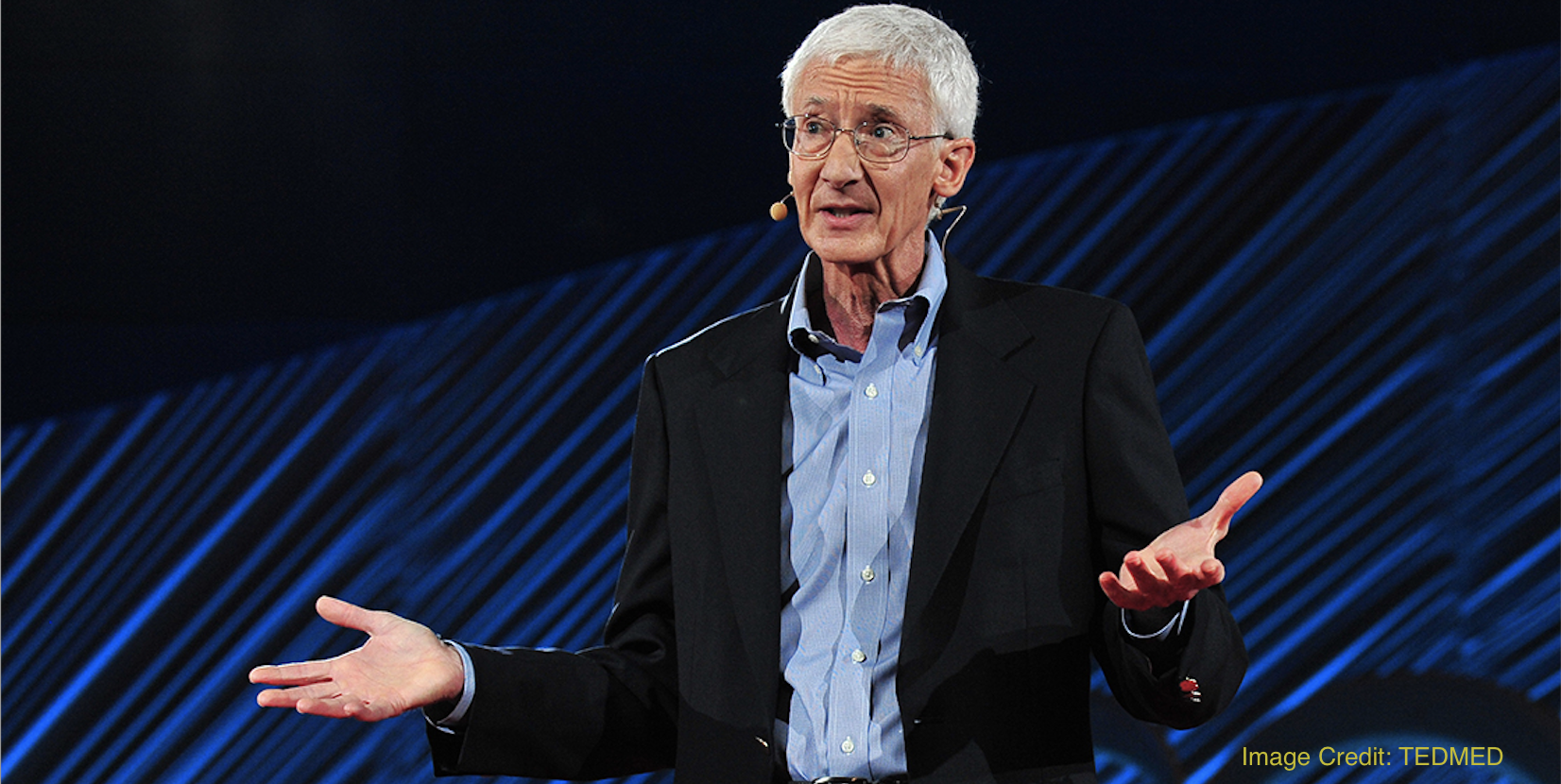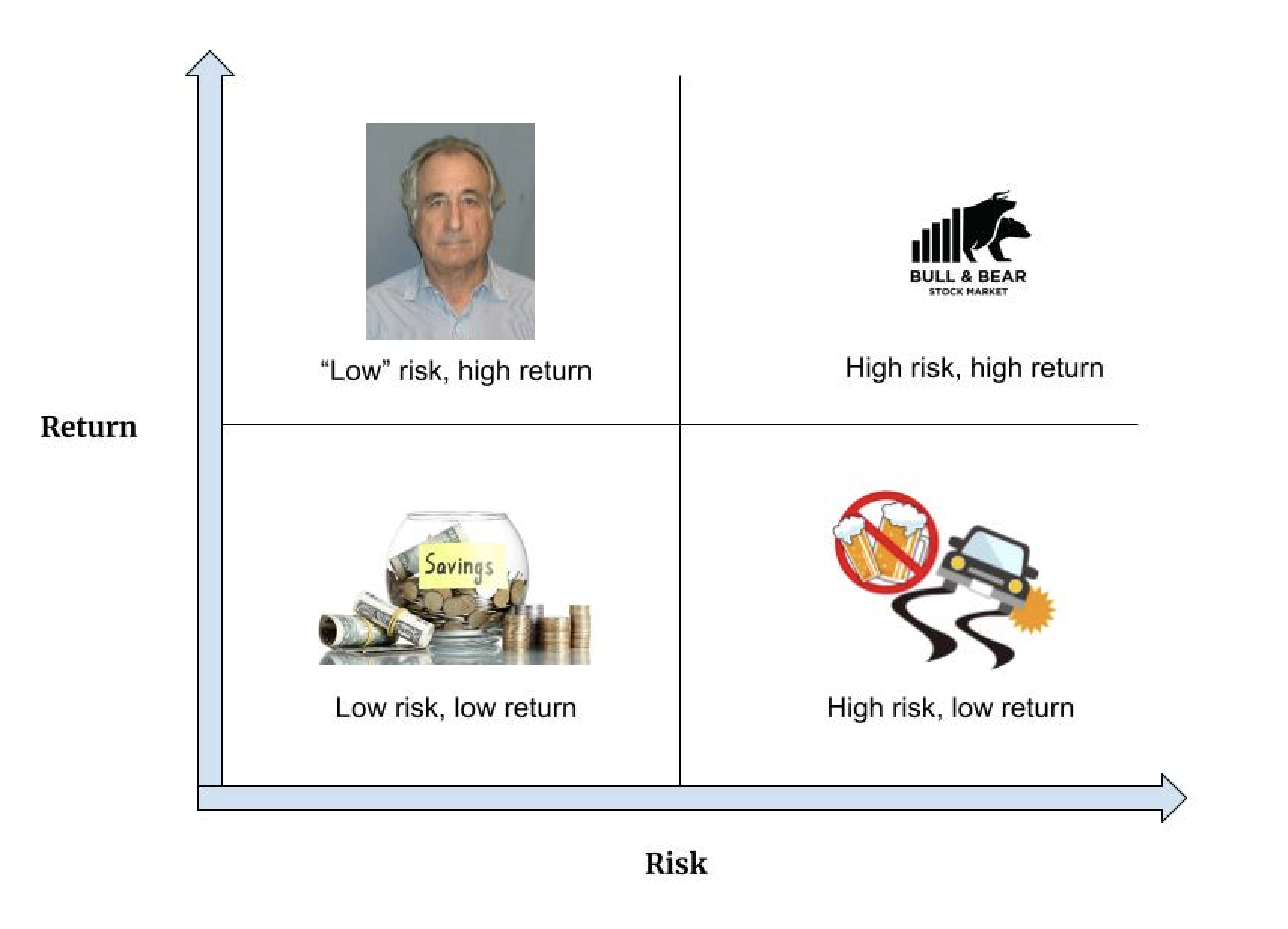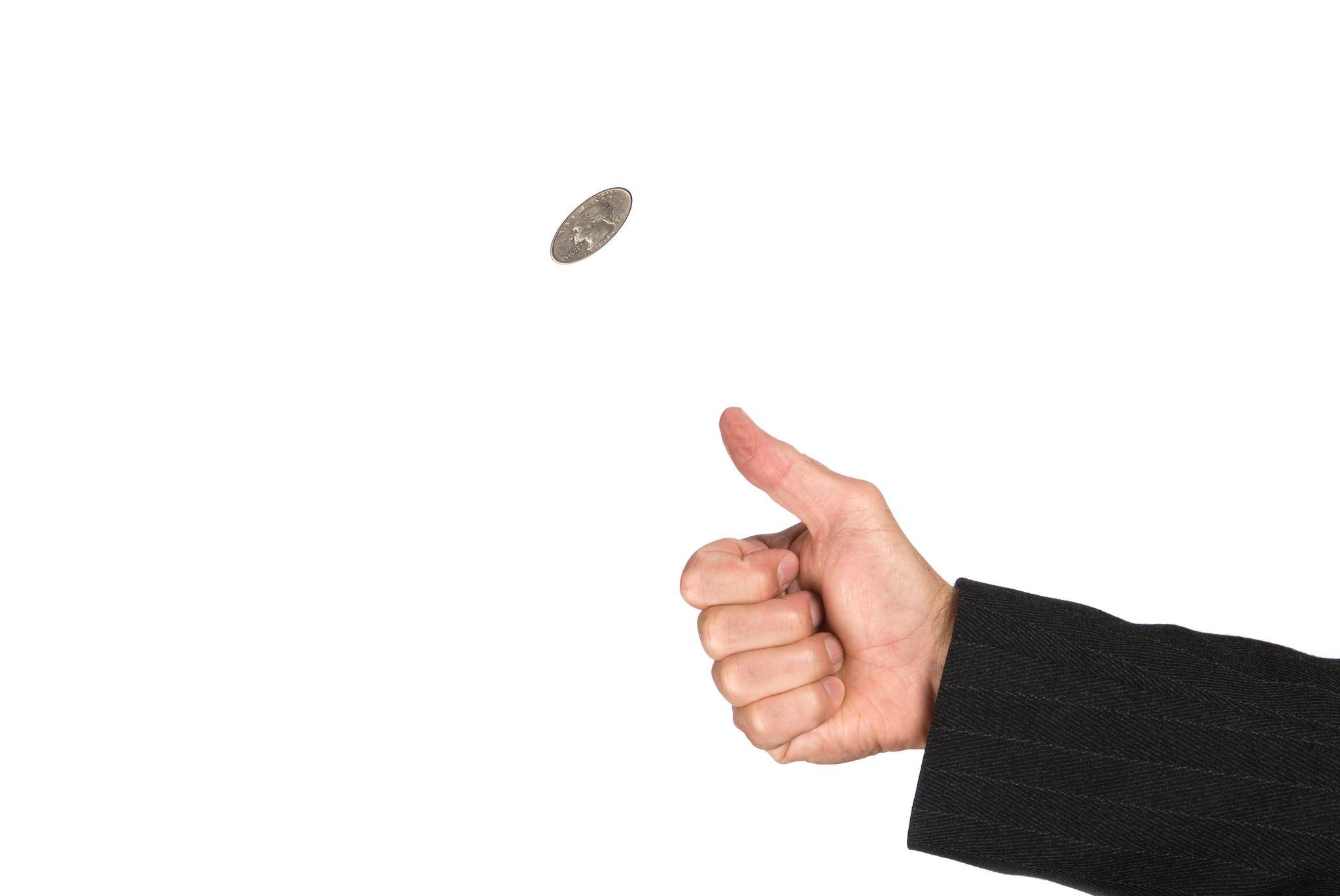Why You Can't Stick to Habits
Diagnosis
Why is it so hard to stick to new habits? A habit, per Cambridge, is "something that you do often and regularly, sometimes without knowing that you are doing it."
The way you and I talk about habits, however, is much more narrow. My armchair definition of a habit is "something that takes effort and goes against four mammalian-brain instincts: sex, maximizing cheap calories, gossip/forming social bonds, and minimizing discomfort by doing as little else as possible." We'll call this specific vein of habits capital-H Habits.
In the pre-science world, the world of scarcity, the above instincts were optimal for ensuring survival and reproduction. No big-H Habits were needed. The best way to live was to follow one's instincts and supplement them with tribal knowledge.
The reason we're all obsessed with Habits—Atomic Habits has sold 10+ million copies, after all—is that the past century has seen the most extreme shift in human history: from the world of scarcity (its final stages, at least) to the world of abundance.
The world of abundance, needless to say, is a very poor match for our evolved biology. We're programmed to hoard calories, yet we can have 50,000 empty calories delivered to our home while we mainline conspiracy-theory TikTok. Nearly every addiction—drugs, sugar, social media, etc.—arises because we're battling our own instincts in this new human context.
I included "effort" in my amateur definition of "Habit" because every day now feels like a street fight against ourselves. Implicit in the statement "I want to be better at X," which we endlessly profess to each other, is that X is not easy.
To summarize, Habits are hard because we live in a world of abundance, while our brains think we're living in a world of scarcity. It's exhausting to fight ourselves, so we fall off the Habit wagon. That's the answer to the post's opening question, so let's turn to a more helpful question, "How can we actually stick to Habits?"
Remedy
To create lasting Habits, or even Habits that last a week, we turn to usual suspects like motivation. Imagine you wake up on January 1 and nauseously stare at your phone, regretting the previous night's choices. It's officially the new year, so it's time to get in shape. You spend 45 minutes watching motivational workout videos and feel genuinely inspired to look like the fitness models from the B-roll footage. You drag yourself to the gym and throw up in the bathroom after 20 minutes on the treadmill, then stop going to the gym entirely by mid-February.
Motivation is just one strategy, of course. Instead of motivation, you might try watching Jocko Willink videos about discipline, or pre-committing to a fitness class, or publicly proclaiming that you aren't drinking for six months, or using negative financial incentives (I used to Venmo my sister for any day that I didn't work on my book), or donating to Marjorie Taylor Greene's campaign every time you vape.
Regardless of your approach, you typically end up back where you started. Even a foolproof strategy like not donating to Marjorie Taylor Greene eventually breaks down.
The reason that none of the usual suspects of Habit work is that identity, not motivation or a specific tactic, is the only force strong enough to create lasting change. (Granted, there are myriad ways to sustain a behavior using threats or negative consequences—say, cutting off a finger if you don't take your vitamins—but I doubt that's the solution that you're after.)
I've oft written about the dangers of having a large identity (see "Two Freedoms"), and how shrinking identity makes us less reactive (see "Anger and Reality"). However, when building a Habit, we can constructively use the stranglehold of identity to keep us on track.
As James Clear writes, building identity-based habits is achieved in two steps:
1. Decide the type of person you want to be.
2. Prove that you can be that person via small wins.
Step one is easy. Step two is not.
Small Wins
The longer that you've been behaving badly, the more you become paralyzed by your past self. To overcome that paralysis, start with a literal 11-second version of the Habit that you most want to develop: floss three teeth, do five pushups, read one page in a book without your phone, or eat one leaf of spinach (you'll look like a maniac). A one-time effort binge does not move the needle on your identity, but repeating a Habit every single day effects change.
As you start small, 11 seconds at a time, measure progress by how many consecutive days that you sustain your Habit. Try to never miss a day, even though you will miss a day, and sometimes (many) more. Change your definition of success to "how quickly you can restart the daily streak."
Be tough on yourself about the present and future of your 11-second Habits, but don't bully yourself about past behavior. I've done that endlessly, and it doesn't help. Instead, attempt compassion. Remember, you and I are both apes in a world of abundance. It's not a fair fight, and each mistake does not mean you are failing. The real failure is "waiting for things to settle down" (or any euphemism for the "right time") before starting, or starting over.
Yes, it sucks that you didn't start your Habit 74 months ago like you said you would. But I can assure you that seven months from now will not be the "right" time either. In fact, you'll feel even more suffocated once you're trapped beneath 81 months of regret. To quote a Chinese proverb, "The best time to plant a tree was 20 years ago. The second best time is now."
Trade-offs and Cementing Identity
Once your small (dare I say, atomic) Habit becomes part of your identity and starts to scale beyond 11 seconds, you'll face a new challenge: trade-offs. You still only have 24 hours in a day. Say you've exercised for 15 straight days, but on day 16 you literally only have four minutes of free time. That's precisely when the 11-second Habit is so important.
Don't look for the physical "benefits" of doing ten pushups in those four minutes. Rather, the pushups keep your Habit alive, which is the only way to "benefit" from exercise in the long run. Your identity is not cemented on the days where you have time to go to the gym. It's cemented on the busy days where you choose to do four minutes of air squats next to your bed like a lunatic. As Paul Graham once wrote, "As the world becomes more addictive ... if people don't think you're weird, you're living badly." Do the 10 pushups.







